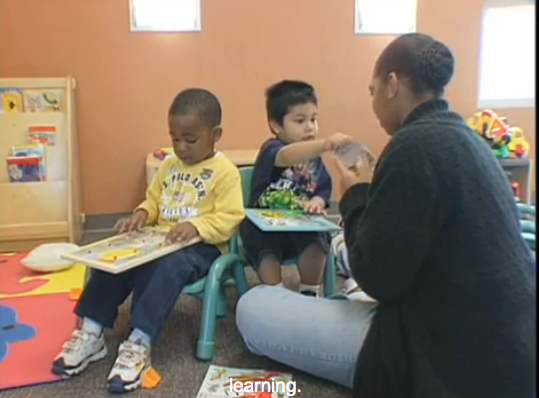Scale-up of Early Childhood Programs Must Be Informed by Research to Benefit Kids
By Maggie C. Kane, Reprinted from Child Trends Evidence-based early childhood programs such as prekindergarten, home visiting, and child care have the potential to change children’s lives and trajectories. Commonly cited research also estimates a return on investment of 7 to 13 percent for early childhood programs. However, challenges with scaling up these programs from […]





